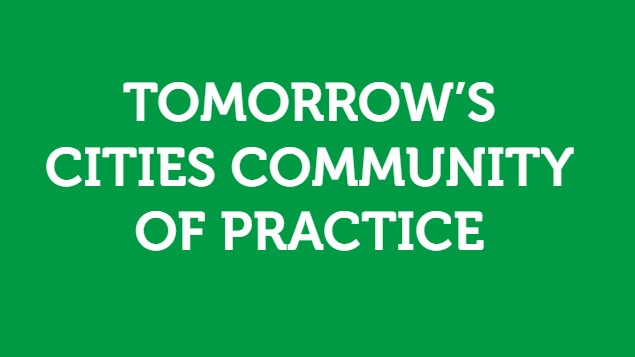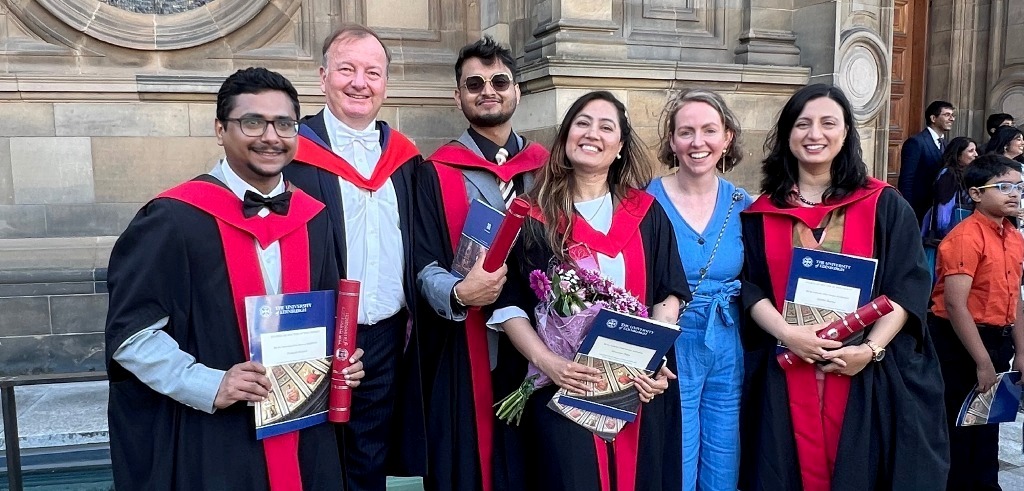
- Close
18/04/2024 | Rapti
Journalists interact on Tomorrow’s Rapti, emphasis given for green, resilient and sustainable Capital City

A group of journalists from Rapti Valley (Deukhuri) have raised their queries and concerns over process of future city development at the Media Interaction held on “Tomorrow’s Rapti Valley (Deukhuri) Capital City” on March 21, 2024.

Senior Journalist Mahesh Rizal from Rapti Valley (Deukhuri) has stressed to consider the historical and cultural identities of the area while planning for future development of Rapti Capital City of Lumbini Province in Nepal. “We have thousands of years of civilization in this valley and around. Our rich historical and cultural values need to get priority in new city development process. Our focus should be on making resilient and prosperous city”, Mr. Rizal stressed.
Ms. Lila Shah from Federation of Nepali Journalists (FNJ), Lumbini Province has her aspiration to see in future a green, resilient and sustainable capital city of Lumbini province, the Rapti City. “We want to see our city developed in such a way that its naturally beautiful, economically sustained and safe from all types of hazards”, Ms. Shah stated.
“I am more concerned on how much the local people and stakeholders are engaged in the process of city development! They are the ones to design their future city” Ms. Chuma Acharya, a journalist from Butwal Today remarked.
“Majority of people in Rapti Valley are indigenous Tharu community and migrant from hilly areas of adjoint districts. New city should be for all people, whether they are local or migrants, homeless or landlords,” remarked Journalist Dasharath Ghimire who reports for Nepal Television, the state-owned national television channel and also runs Yugbodh Daily Newspaper from Rapti.
Mr. Santosh Gupta from Deukhuri Today highlighted to conside how we could better plan to build future city economically vibrant.

Mr. Chhabi Raj Pokharel, Chief Executive Officer of the Province East Development Authority, stated that the Master Plan of Lumbini Province Capital City is to make the Lumbini’s capital city better managed, safer and livable for all.
NSET President Dr. Amod Dixit shared how media could better contribute in resilience building and asked local journalists to proactively contribute in shaping future Rapti city.

Dr. Ramesh Guragain, Deputy Executive Director of NSET who also sits as Senior Management Team member of Tomorrow’s Cities research project presented and discussed extensively the aspects of better city planning and how Tomorrow’s Cities project contributed to shape Tomorrow’s Rapti.
Participating journalists raised various queries and issues regarding the implementation of the Rapti Master Plan. CEO Chhabi Raj Pokharel from PIDA and Dr. Ramesh Guragain from NSET responded to the questions raised.
To begin with, Mr. Khadga Sen Oli from NSET highlighted the objectives of the interaction and the need of media engagement in this course of city development for future. The main objective of the interaction program was to share the findings of the study carried out by the Tomorrow’s Cities project regarding how the city can be made safer and more resilient to disasters in the future, and to share the status of the implementation of the Master Plan of Rapti City.

The event was organized by Provincial Infrastructure Development Authority (PIDA), Lumbini Province, Rapti Rural Municipality and NSET under Tomorrow’s Cities research project.
The half-day program was attended by 25 people, including 15 Rapti-based journalists working for local as well as national media.
News coverage by local media (in Nepali language)
Butwal Today
Nayayugbodh Daily: https://nayayougbodh.com/news/2024/03/22/872785
For more information, visit https://tomorrowscities.org/tomorrows-rapti and/or write to ksenoli@nset.org.np .



